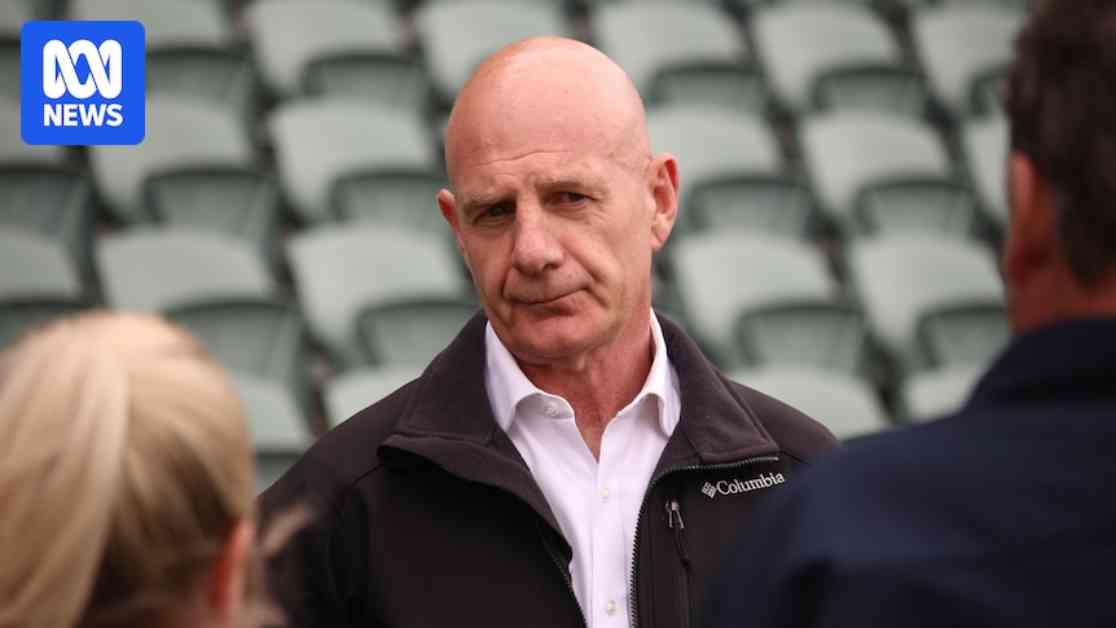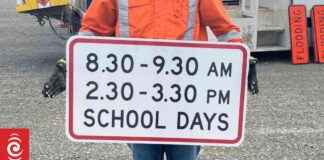Former Premier’s Concerns Over Hobart Stadium Completion
Former Tasmanian premier Peter Gutwein has raised doubts about the timely completion of Hobart’s proposed Macquarie Point stadium, crucial for securing an AFL team for Tasmania. The stadium’s construction deadline for the 2029 AFL season, as per the agreement with the state government, appears increasingly unattainable, with potential financial penalties looming over the state if the milestone is missed.
Economist’s Report Highlights Challenges
An independent report by a leading economist has reinforced Gutwein’s skepticism, indicating that the project faces significant obstacles that could delay its completion until 2030. The economist, Nicholas Gruen, pointed out that initial cost estimates were underestimated, benefits overstated, and overall project management displayed signs of mismanagement. Independent MPs echoed these concerns, calling for a renegotiation of the AFL deal to protect Tasmanian taxpayers from bearing unnecessary risks.
Benefits of Delay for Northern Regions
Despite these challenges, Gutwein remains optimistic about the stadium’s potential benefits, particularly for northern regions like Launceston. He believes that a delay in the Macquarie Point stadium’s construction could offer economic advantages to areas like York Park, fostering opportunities for aspiring footballers and enhancing regional development.
Government’s Stance on Project Importance
Government minister Jane Howlett emphasized the significance of the stadium project for Tasmania’s future, highlighting its role in providing infrastructure, entertainment, and employment opportunities for the state. Despite the concerns raised by Gutwein and the economist’s report, the government remains committed to advancing the project and ensuring its successful completion.
In light of these developments, the ongoing debate surrounding the Hobart stadium project underscores the complexity of balancing economic interests, infrastructure development, and community benefits in major construction initiatives. As stakeholders continue to navigate the project’s challenges and opportunities, the ultimate goal remains to deliver a world-class facility that will enrich Tasmania’s sporting landscape and cultural heritage.
Let us know in the comments below your thoughts on the potential impact of the stadium delay on Tasmania’s sporting future and regional development.

















